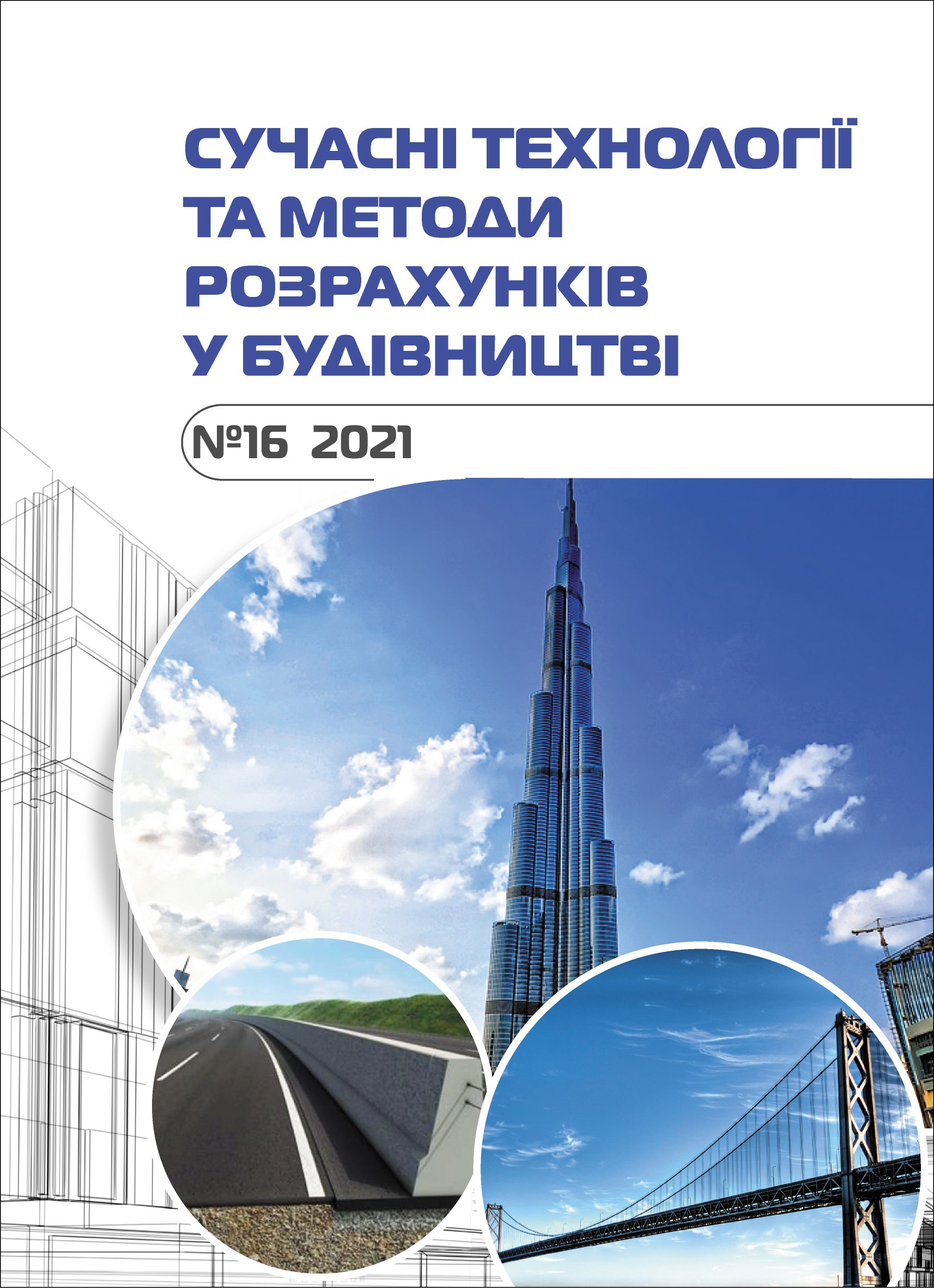Management of solid household waste flows at the level of territorial communities
Abstract
In the article is considered the problem of solid waste management in the territorial communities of Volyn region. The state of coverage of the population by separate collection of solid waste is analyzed: deficit of infrastructure facilities of household waste management is observed; only half of the population is covered by garbage removal; separate waste collection facilities are mainly glass and plastic, and household waste is mainly disposed of in landfills and dumps. The problem of separate waste collection is especially acute in rural areas, which is why the structure of the logistics chain of waste recycling is proposed.
In Ukraine, the predominant method of solid waste management is their storage at landfills. Land allocated for landfills already covers an area of more than 9 thousand hectares, and the need for new landfills is constantly growing. This indicates that the regions are losing the resource potential of household waste that is recyclable, whereas the processing enterprises of the industry lack raw materials.
The lack of a holistic system behavior with solid waste in the context of individual areas cannot be compensated by single attempts to organize the optimal collection and removal of garbage. Capital investments in certain parts of the chain logistics servicing of the solid waste flow will not improve the situation on a large scale. For example, some communities have the opportunity to invest in the purchase of specialized vehicles, but, at the same time, do not see the prospect of introducing a holistic model of garbage behavior. First of all, this is relevant for the united territorial communities, where there are no own options for waste disposal. That is, the issues of planning activities for garbage collection, transportation and processing should be comprehensive, and their decisions should be based on institutional capacity.
It is obvious that the creation of waste processing facilities in each community does not make economic sense, because, as practice shows, economic efficiency is not achieved immediately. Therefore, it is advisable to use the principle of clustering, so that the service area of the sorting line covers several settlements. The excretion of clusters and creation in each cluster the logistics systems servicing of waste collection and utilization will allow to optimize logistics flows.
The main role in the waste logistics development should be played the logistics infrastructure. Thanks to it, it is possible to prevent waste suitable for recycling and recovery from entering landfills and dumps. The effectiveness of its operation will be determined by the level of coverage of the population by the system of waste collection and separate collection in particular. One of the primary priorities of the logistics infrastructure development is the creation of collection points for secondary raw materials. The second priority is the organization infrastructure facilities network for treatment and recycling of household waste








